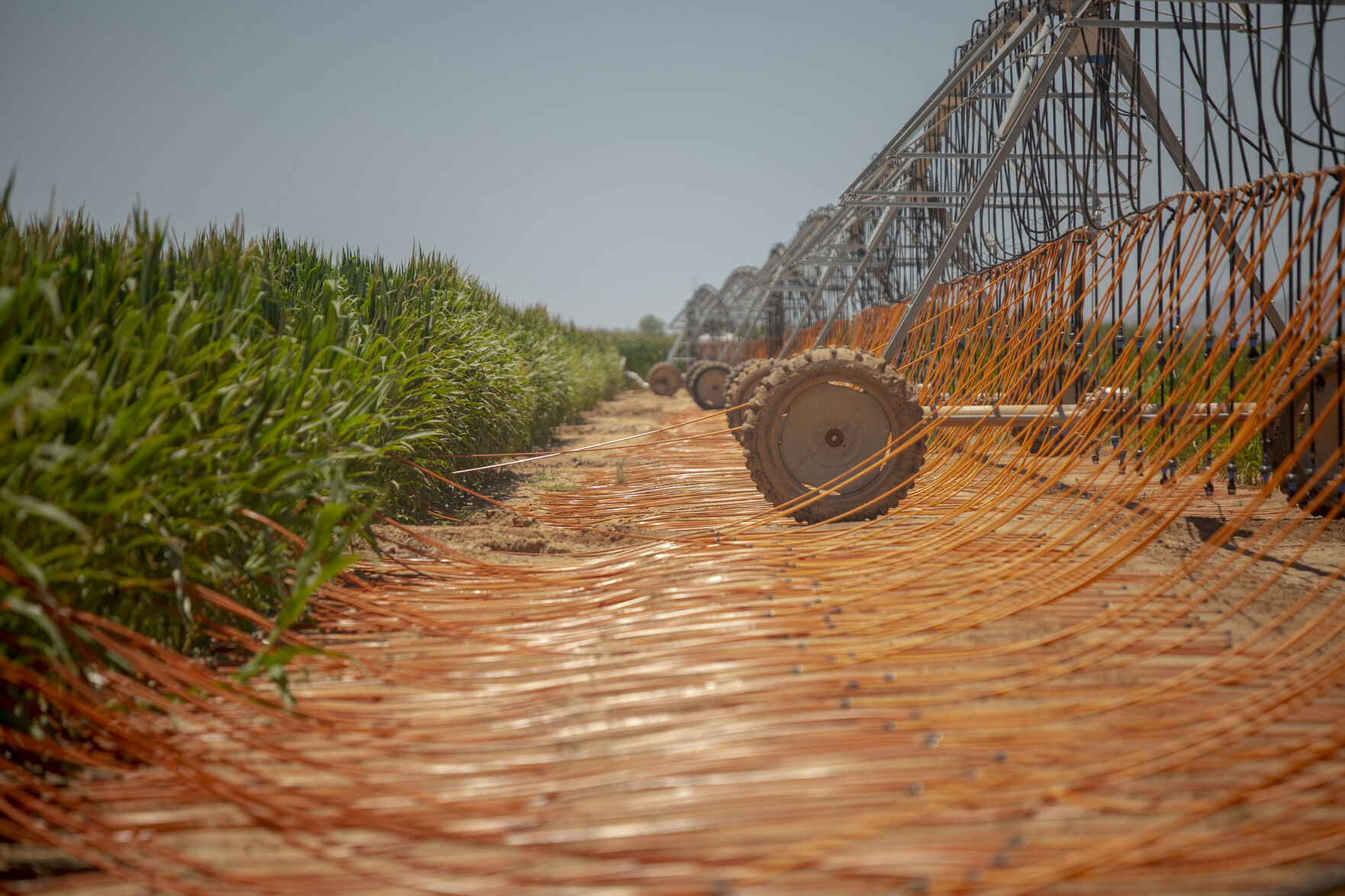Local ag needs access to market | Grand Junction Daily Sentinel

In August, Gov. Jared Polis and state Rep. Matt Soper, R-Delta, visited a large, lettuce-growing greenhouse near Silt to highlight a bipartisan measure that would help indoor farming businesses. As of last week that business was closed.
That’s not the end of the story, though. George Barr, president of Spring Born, said he was working on reopening the business after speaking with the bank. We hope he’s able to get back up and running as quickly as possible, though that has its challenges.
We really see these locally based greenhouse and hydroponic growing businesses as the future of agriculture in this region. They use less water than traditional farming and can be located closer to the people eating the food, cutting down on transportation costs. We want to see these businesses succeed, which is why we praised the effort by our leaders at the Statehouse for looking for ways to help.
To be clear, the bipartisan bill Polis and Soper were touting is not the reason Spring Born is having trouble. That bill benefits greenhouses used for commercial production by treating business personal property as agricultural personal property, meaning it’s not taxed for five years. This makes perfect sense to us and we liked seeing the bipartisan agreement.
Soper and Polis also spoke in favor of the idea of greenhouses being used to grow more produce in Colorado year-round, which Soper says is better than Colorado River water being used downstream to grow things that then need to be shipped here and don’t generate local jobs or taxes. Again, this is right on.
So what’s the problem?
While local restaurants, schools and even a hospital were interested in Barr’s product, the big grocery chains wouldn’t give him the time of day. On Dec. 29, Barr emailed Polis and state Agriculture Commissioner Kate Greenberg, copying lawmakers including Soper, to say the business had closed the prior day.
“I encourage you to look closely at the retail grocery market as it clearly is not a functioning market. Less than 8 men control the retail lettuce market in Colorado (really multiple states) and they will not accept new market entrants. They just will not regardless of the constant marketing messages about how they support local agriculture,” Barr wrote.
This is an untenable situation if we are going to evolve the way we produce food in the West. And we need to evolve.
Back in August, Polis called this type of agricultural production the future, highlighting its water efficiency at a time when we need to be saving water.
Polis said, “When we’re having these kinds of discussions about the Colorado River Compact and the changing nature of water in the West, to be able to produce food with 20 times less water input is going to be a big part of the solution.”
With the legislature getting back into session this week, we think this issue is something our state leadership should look into. Is there a way to make it easier for smaller local producers to get on grocery shelves? Whether the solution is ultimately a governmental one, at least our leaders can raise the issue. In the end this could benefit not just greenhouse growers, but all local agriculture.
Grand Junction Daily Sentinel Editorial Board
Read the original article here.














